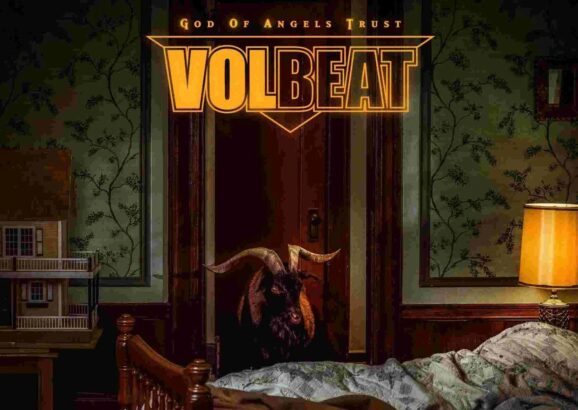Although saxophonist Mark Turner has been a valued sideman on several ECM projects recently, Return from the Stars marks his first ECM recording as a leader of his quartet since 2014’s Lathe of Heaven. Although this recording at times swings and is somewhat structured, Turner’s writing and the absence of a chordal instrument provide a spatial quality that puts the focus on the interplay between Turner’s tenor and Jason Palmer’s trumpet to create a free-flowing sound that seems almost perfectly balanced on unison parts and solos from the two horns. Often the solos seem to just ooze out naturally as part of the piece without grand entrances nor especially aggressive, intense builds, yet the latter occurs here more often than on the previous outing. Meanwhile, bassist Joe Martin, the only returning member of the 2014 quartet and longtime Turner sidekick, and drummer Jonathan Pinson dance around so freely underneath, it’s like they have their own separate thing going on but like the best of rhythm teams, they are strongly in sync while still sounding loose and fluid. Turner admits to writing for the people playing and that the parts are written for the horns, not so much for the rhythm section except to denote the changes. So, this effect is entirely by design.
Return from the Stars takes its title from Stanisław Lem’s science fiction novel in which an astronaut returns from an exploratory space mission to find life on earth greatly changed, and his own values out of step with those of a conformist, risk-averse society. Turner’s sci-fi enthusiasms are well known. Lathe of Heaven was named after an Ursula K. Le Guin story. So, Turner is intrigued by this concept of exploration. Yet, that term explorative is also often used in the context of searching, spiritual saxophonists such as John Coltrane or Charles Lloyd. Turner does not fall into that camp, nor does he try to out blow anyone. Although not a Sonny Rollins clone, here he gets closer to that improvisational style perhaps than he ever has, pushed by his bandmates and especially by the foil he has found in Jason Palmer, who, unlike Turner’s natural disposition, is indeed fiery. The best examples of this energetic interplay are found in “It’s Not Alright” and the blistering rapid runs of “Nigeria” where each’s solo stretches deeply.
Mostly though, Turner places his emphasis on melody, playing long and extended lines that still leave plenty of space for communication and collaboration with other members of the quartet as exemplified in the title track as well as “Bridgetown,” the latter a nice feature for the rhythm tandem. Another great example of these elongated passages is “Waste Land” with the harmonic horns on top, pausing at points to allow Pinson to rumble and Martin to play in his spare, understated style. “Terminus” begins to reveal more impassioned exchanges between the two horns and rustling undercurrent from the rhythm tandem.
“Unacceptable” proffers memorable short melodic phrases on the head, introduced by Turner and echoed by Palmer that sets the stage for intriguing harmonies soaring over Pinson’s perpetual motion. With the horns serving as a rallying point, the drummer continues a relentless exploration of his kit, pushing Turner to both the upper and lower reaches of his horn in a solo that is abnormally aggressive. It’s as if the two have switched roles with Palmer’s solo offering the sustained, lengthy lines here, although, true to form, he can’t resist hitting some impossibly high notes. Yet, the piece exits quietly with Martin plucking murmuring fading notes. The closer, “Lincoln Heights” is the prime example of Turner’s spacious, lengthy lines style, as he opens plenty of room for a lyrical, deliberate Martin solo and frenetic beats from the tumultuous Pinson.
All eight tracks on the record have a memorable melodic structure and superb harmonic interplay between the two horns. Each quartet member gets plenty of opportunities to make statements both within the context of the compositions and solo space. Turner, known for a floating, lightness of tone, has delivered several strong compositions and has been pushed on some of them beyond his usual comfort zone to more intense, fiery expressions.







